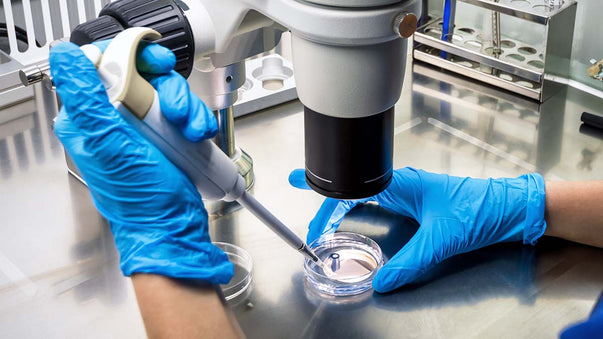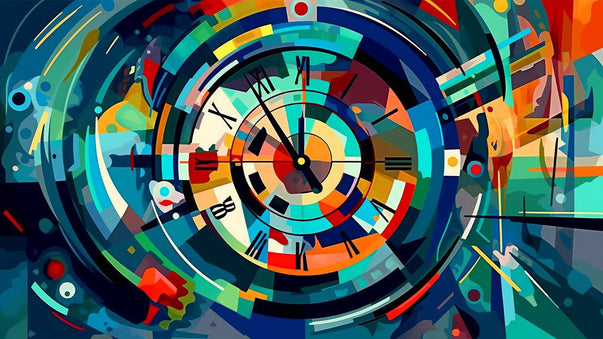We Evolved to Remain Active for Longer Healthy Life

Humans evolved to live many decades after they stopped reproducing. Evolutionary biologists and biomedical researchers at Harvard have presented evolutionary and biomedical evidence showing that we also evolved to be physically active in our later years.
"It's a widespread idea in Western societies that as we get older, it's normal to slow down, do less, and retire," says evolutionary biologist Daniel E. Lieberman in The Harvard Gazette. "Our message is the reverse: As we get older, it becomes even more important to stay physically active."
A paper is published in PNAS. The researchers argue that physical activity later in life shifts energy away from processes that can compromise health and toward mechanisms in the body that extend it. Physical activity reallocates energy to repair and maintenance processes in the body. This guards against the body's gradual deterioration over the years, against chronic illnesses such as cardiovascular disease and diabetes, and even against some cancers.
According to the researchers, the paper is the first detailed evolutionary explanation for why lack of physical activity as humans age increases disease risk and reduces longevity. Why should Darwinian evolution care about what happens to individuals decades after the end of their reproductive age? The researchers argue that Darwinian selection promoted efficient energy allocation mechanisms that slow senescence and reduce vulnerability to many forms of chronic diseases.
Physical activity levels have been decreasing worldwide as machines and technology replace human labor. Americans are engaging in less physical activity than they did 200 years ago, and six to ten times less than contemporary hunter-gatherers. This physical inactivity is bad for health. We should be “active grandparents” instead.
"The key take-home point is that because we evolved to be active throughout our lives, our bodies need physical activity to age well,” continues Lieberman. “In the past, daily physical activity was necessary in order to survive, but today we have to choose to exercise, that is do voluntary physical activity for the sake of health and fitness."
I have always been a typical couch potato who very much prefers reading a good book to any form of physical exercise. But I force myself to exercise regularly to stay in good health.
"The key is to do something, and to try to make it enjoyable so you'll keep doing it," concludes Lieberman. "The good news is that you don't need to be as active as a hunter-gatherer. Even small amounts of physical activity - just 10 or 20 minutes a day - substantially lower your risk of mortality."
That’s what I do, more or less. I average about 20 minutes of physical activity a day, mostly swimming and hiking. I find this good not only for physical health, but also for mental health.
More Articles
Don't miss a beat! In our Pulse Newsletter, Thrivous curates the most important news on health science and human enhancement, so you can stay informed without wasting time on hype and trivia. It's part of the free Thrivous newsletter. Subscribe now to receive email about human enhancement, nootropics, and geroprotectors, as well as company news and deals.
Read more articles at Thrivous, the human enhancement company. You can browse recent articles in Thrivous Views. See other Pulse Newsletter articles. Or check out an article below.
-
Using Viruses to Cure Cancer
Researchers at Arizona State University have reviewed a class of viruses that act to combat rather than cause cancer. They ...
-
The Zhang Clock Portends Near-Perfect Age Prediction
Researchers investigated whether a perfect DNA methylation-based measure of biological age is theoretically available. And they reported the results of ...


